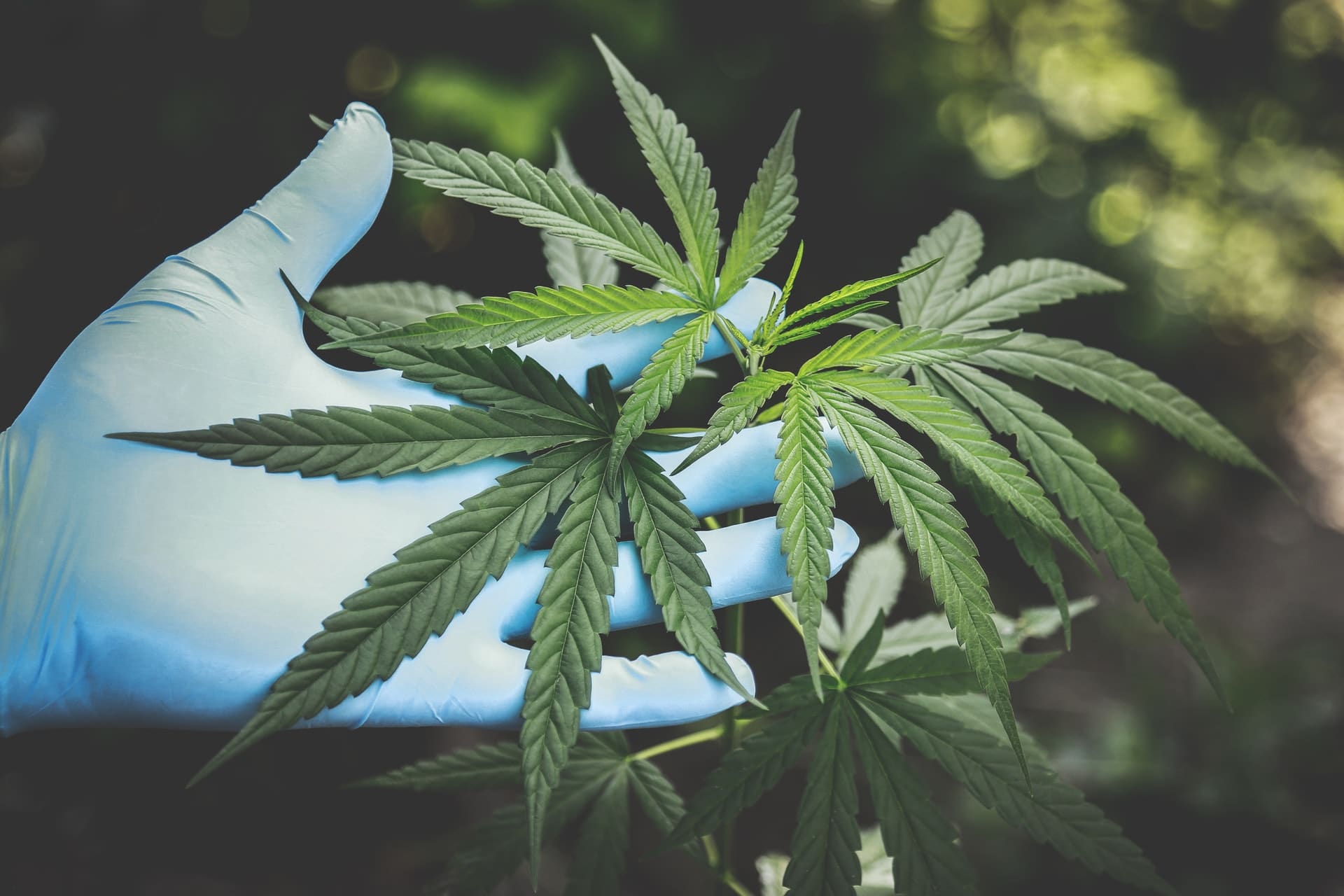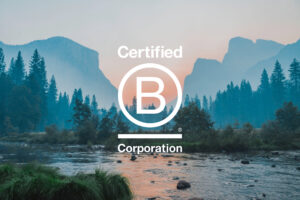From gas stations to bodegas, delta-8-tetrahydrocannabinol, or as it’s better known, “delta-8,” is the latest trend in the world of cannabis. Sometimes referred to as “weed lite,” delta-8 is said to provide a less intense THC experience and is available in the form of vapes, dabs, and even edibles like rice krispie treats. But before you rush to stock up on this new product, it’s important to understand what it really is and, in that same vein, how safe it is.
What is delta-8 THC?
When people refer to THC, for the most part, they’re referring to delta-9. Delta-9 THC is the compound best known for its euphoric qualities and is what marijuana users are most familiar with. Delta-8 isn’t a far throw from delta-9, but its effects are reportedly much less potent. Chemically, delta-8’s pharmacodynamic profile is similar to that of delta-9. It’s an isomer of delta-9—a derivative with a slightly different molecular structure.
Because quantities of delta-8 in hemp are so small, it—unlike CBD—is not produced by direct extraction. Rather, it is lab-made by converting hemp-extracted CBD to delta-8 through a chemical process. This conversion often creates Delta-9 at a concentration above the legal 0.3% threshold.
Delta-8 THC legality
Whether or not delta-8 is legal can be a bit confusing. Because it can be extracted from either hemp or cannabis, delta-8 can be legal or illegal, or it can exist in a legal gray area in the United States, depending on its source.
The Drug Enforcement Administration (DEA) has included marijuana-derived delta-8 on its list of controlled substances, making it a Schedule 1 drug and technically federally illegal. In conflict with the federal government, some states have legalized marijuana, making marijuana-derived delta-8 legal on a state level in some parts of the U.S.
When delta-8 is derived from hemp, it gets a little more tricky. The 2018 Farm Bill legalized hemp and its products in the U.S. as long as delta-9 THC concentrations fall under 0.3%, and since hemp delta-8 doesn’t contain delta-9, it’s actually federally legal. However, more recently, some states have clarified that hemp delta-8 is illegal under state law, such as Texas. As of November 2021, 18 U.S. states have banned, regulated or restricted the sale of delta-8, and numerous others have the substance in review.
Unfortunately, the haziness doesn’t stop there. In August 2020, the DEA released an Interim Final Rule (IFR) that said: “All synthetically derived tetrahydrocannabinols remain Schedule I controlled substances,” suggesting delta-8 be banned. A lawsuit from the Hemp Industries Association in favor of the 2018 Farm Bill continues on, leaving the legal status of delta-8 in limbo.
Delta-8 THC effects
Much like with delta-9 THC, users claim that euphoria, happiness, and relaxation are some of the common effects of delta-8 THC. The major difference between these two tetrahydrocannabinols is potency—delta-8 THC is less potent than delta-9. Some users have also reported relief from pain and insomnia, but there isn’t sufficient evidence to make concrete claims.
As effects mirror delta-9 THC, so do side effects. Dry mouth, anxiety, paranoia, and short-term memory loss are some of the supposed side-effects of delta-8 THC.
Does delta-8 THC get you high?
Short answer: yes. Unlike CBD products, delta-8 THC will absolutely get you high, albeit not as high as delta-9 THC. This is because THC is the cannabinoid in cannabis that’s responsible for “high” feelings.
Delta-8 THC vs. CBD
While delta-8 THC and cannabidiol (CBD) are both cannabinoids derived from the cannabis plant, delta-8 actually has more in common with delta-9 THC than with CBD.
On a molecular level, delta-8 binds to receptors in the endocannabinoid system more similarly to delta-9 THC than to CBD. THC binds with the CB1 receptors in the brain to produce a high, whereas CBD binds weakly, if at all, to CB1. CBD requires trace amounts of THC to help create those bonds, with the intent of using CB1 receptors to target specific systems in the body.
While on paper some users may report similar stress relief with both delta-8 and CBD, they’re actually not very similar at all. CBD is non-intoxicating and appropriate for everyday use.
Is delta-8 THC safe?
The answer’s simple—we don’t know yet. Delta-8 is experiencing similar backlash and growing pains to what CBD experienced when it first entered the market. While clinical studies and research into CBD’s effects are still necessary, it’s much further along in terms of what we know and the state of the market. Any quality CBD distributor uses third-party lab testing and makes results publicly available so users know exactly what they’re ingesting.
Delta-8, on the other hand, is largely unregulated. Not only does it not have the FDA’s approval, but fewer labeling restrictions come into play. This means a customer could buy something labeled as a hemp product without realizing it could be psychoactive. Not only that, but the prevalence of unsubstantiated therapeutic claims could put consumers at risk.
In an analysis of 16 over-the-counter non-cannabis-based products featuring delta-8 THC conducted in April 2021 and processed by ProVerde Laboratories, each sample bar one was revealed to contain illicit delta-9 THC. These samples all had delta-9 levels substantially higher than the USDA limit of 0.3%, with mean values of about 3.4%, making none of the products 2018 Farm Bill compliant.
The FDA has also shared adverse event reports involving delta-8 THC-containing products. From December 2020 through July 2021, 22 patients who consumed delta-8 THC products presented to a hospital or emergency room or experienced adverse events, including vomiting, hallucinations, trouble standing, and loss of consciousness.
What are the alternatives?
With third-party ISO-accredited lab testing, FDA-inspected manufacturing, and a commitment to organic ingredients, Ojai Energetics is a reliable, safe CBD source. Our Full-Spectrum Hemp Elixir won’t get you stoned, but it does bring all the beneficial cannabinoids to give you your desired effects.
Curious? Start your journey with Ojai Energetics today.






